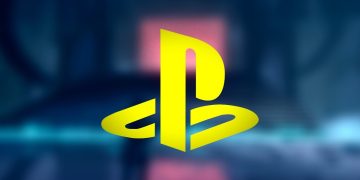Phil Spencer, the head of Microsoft’s gaming division, has been quite open about his interest in developing a handheld Xbox to rival top portable gaming PCs like the Steam Deck OLED and the Asus ROG Ally X. However, in a conversation with Bloomberg, he made it clear that such a device isn’t on the immediate horizon.
During the interview, Spencer mentioned that while there’s an “expectation” for Microsoft to delve into this market, fans should not expect to see this device materialize for a few years.
Spencer shared with Bloomberg, “In the long run, I really want us to create new devices. I believe our team has the potential to achieve something truly innovative, but we need to first understand the current landscape and learn from it.”
Currently, Microsoft’s efforts seem to be concentrated on enhancing the Xbox app’s functionality on existing PC gaming handhelds. This includes optimizing how Xbox features and games operate on these platforms. Just recently, Microsoft unveiled a “compact mode” update for the Xbox app on Windows, aiming to improve the experience on mobile devices. Windows 11, as highlighted by many reviewers (myself included), hasn’t performed well on handhelds such as the ROG Ally and Lenovo Legion Go.
The interview also shed light on Microsoft’s ongoing interest in further acquisitions, even after its monumental $69 billion acquisition of Activision Blizzard in 2023. Additionally, Microsoft has intentions to expand into mobile game stores, albeit with some delays.
The Steam Deck, launched in early 2022, set the stage for modern PC gaming handhelds. While it received an OLED update, it hasn’t been equipped with a new, more powerful chip yet. Valve has hinted at no immediate plans for an upgrade. Most well-known Windows handhelds employ AMD’s Ryzen Z1 Extreme, keeping the first-generation PC gaming handheld scene fresh and active.
Meanwhile, Spencer assured Bloomberg that the Xbox business is holding its ground despite lagging behind the Nintendo Switch and PlayStation 5. “Our business is doing well right now, and I think this promises a healthier future for both the hardware we develop and the games we create.” This success is attributed to the growth in PC and cloud gaming, supplementing the existing console business.
For an Xbox handheld to truly stand out, it will need to significantly differentiate itself from the Steam Deck and the range of Windows machines from Lenovo, MSI, and Asus. The coming years hold promise for this segment, so if Microsoft enters the fray later, they will need something truly groundbreaking to capture the spotlight.













































